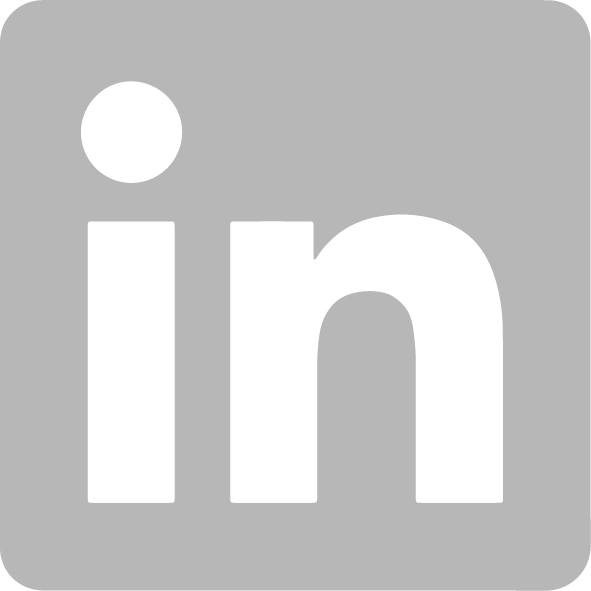- 1. Cooperation in ensuring hygienic and anti-epidemic measures at medical departments and technical complementary workplaces.
- Cooperation and collaboration with the Hospital Department of Clinical Microbiology, Biochemistry and Immunology.
- Participation in the meetings of the Nosocomial Infection Control Team.
- Interdisciplinary cooperation and interaction with the Hospital management, head doctors and head nurses.
- Participation in the head-nurse and head-doctor meetings and once a month at the management meeting.
- Infectious-disease and other epidemiologically significant diseases analysis.
- Prevention and control of the nfections caused by the multidrug-resistant strains (e.g. MRSA, VRE, CRE, ESBL, AmpCk) and toxigenic strains of Clostridium difficile - setting up operational measures, isolation modes and defining of the specific procedures in prevention and control of infections. Cooperation with departments where the strains are present.
- Consultancy activities in the development of sanitary-epidemiological regulations and their implementation in practice.
- Application of decontamination, disinfection and sterilization procedures in accordance with the current legislation and the latest scientific knowledge.
- Obligatory-methodological-standard development, guidelines to ensure hygienic-epidemiological issues in the hospital.
- Cooperation in the diagnostic, therapeutic and nursery standard development, not only with regard to the effective prevention of hospital-acquired infections.
- Disinsection monitoring, extermination, implementation and coordination of external space disinfection.
- Monitoring and implementation of the anti-epidemic measures for diseases in the epidemiological vigilance system according to Decree No. 473/2008 Coll., as amended.
- Monitoring compliance with the principles of the barrier nursing technique and the hand hygiene.
- Analysis of the healthcare-associated infections incidence, their interpretation to the Hospital management and individual clinical departments.
- Prevention and control of bloodstream and catheter infections, surgical site infections, respiratory tract infections and gastrointestinal tract infections.
- Transfer records of the patients with the serious epidemiological diagnoses from other medical institutions to Hospital Jihlava.
- 2. Work environment and work conditions
- Using the results obtained from surveys of the work conditions and employee-health surveys to create the safe work conditions and occupational health.
- Analysis of the of occupational-disease incidence as a base for their prevention.
- Cooperation with the Commitee for the Compensation of Occupational Injuries and Diseases.
- Cooperation with the OSH department in the investigation of work accidents.
- Participation in occupational safety inspections.
- Evaluation of the suitability and developing policies for the use of personal protective equipment.
- 3. Consultancy activity in investment actions
- Consultation and document creation for construction, adaptation, minor building modifications and reorganization in the sanitary-epidemiological field.
- Consultation on the medical-department equipment in accordance with the current legislation.
- 4. Cooperation with external control bodies
- Cooperation with the locally competent authority for the public health protection - the Regional Hygiene Station Jihlava - information transfer, consultation and implementation of any ordered anti-epidemic measures within the framework of the multidisciplinary cooperation.
- Cooperation with the Health Institute in Ostrava - setting up measures based on the output of the communication of the HI results.
- 5. Methodological activities
- Coordination of staff training in hygiene legislation, compliance with anti-epidemic procedures and measures, principles of decontamination, disinfection and sterilization.
- Participation in occupational health and safety trainings in the healthcare sector.
- Consiliary activities in the field of the hospital hygiene, preparation of professional documents for directives and orders of the director.
- Preparation of analyses and studies in the field of hygiene for the needs of management and development concept of Hospital Jihlava.
- Participation in the Infection Control Team, as an advisory body to the hospital directorory.
- Widening of the professional knowledge and information transfer to colleagues of Hospital Jihlava.
- Participation in specialized studies.
- Participation in grants to ensure the preventitive measures and population health.
- Representation of the Hospital Jihlava - lecturing activities for the professional and non-professional public, increasing the hygienic level of the population.
- Training in hygienic disinfection and hand-washing as a basic means of eliminating infectious diseases.
- HAIDi application - implementation in practice and transfer of experience to others.
- Surveillance NI.
- Development of the e-learning training in Hand Hygiene for medical and non-medical health-care workers.
- 6. Intervention hygiene and anti-epidemic surveillance, control and audit activities
- Periodic auditing of hygiene and epidemiological measures compliance at the workplaces.
- Accidental audits to ensure compliance with legal the hygiene requirements and binding internal regulations of Hospital Jihlava.
- Supervision of central sterilization, regular accidental checks of hand disinfection and compliance with the hygienic and epidemiological regime at CS, output quality control of central sterilization processes and products.
- Regular endoscopic-device washing and disinfection checks according to Decree 306/2012 Coll.
- Regular checks on the application of adequate cleaning, disinfection and sterilisation procedures, including evaluation of the steriliser-efficiency checks.
- Targeted investigations associated with the analysis of microbiological findings in biological material and microbiological environmental controls, including recommendations for the anti-epidemic measures.
- Participation in water-monitoring of Hospital Jihlava.
- Participation in monitoring the quality of the hospital environment and supervision of compliance with the quality parameters in areas with a defined class of air cleanliness.
- Monitoring of qualitative indicators in the environment of both staff and patients.
- Quality control of hospital laundry and safe laundry handling.
- Control activities for compliance with the technological procedure and regimes set for cleaning in the health-care facility, providing training of operational staff, hygienic-epidemiolgical audit of cleaning.
- Monitoring of the prepared-meal safety for patients and employees, monitoring of the safe transport, dispensing and handling the meals.
- Dealing with the found non-conformities and ordering corrective measures in the hygiene-epidemiological area to eliminate deficiencies in the safe-environment ensuring for patients and medical staff.
Department of Institutional Epidemiology
Fields of activity





